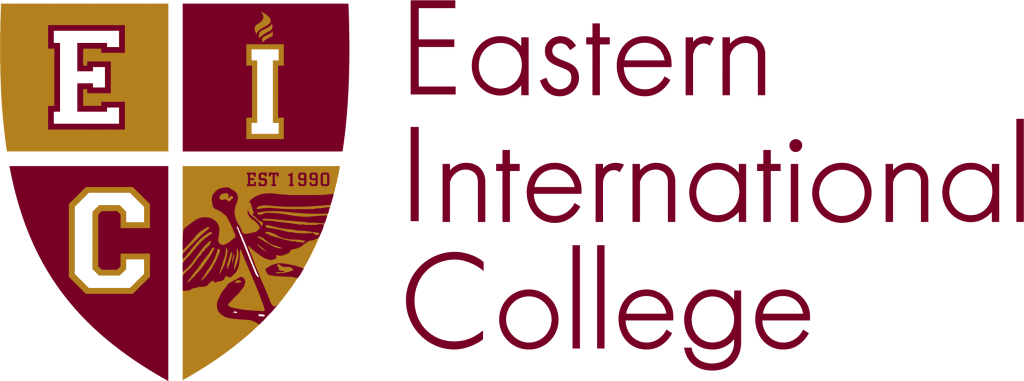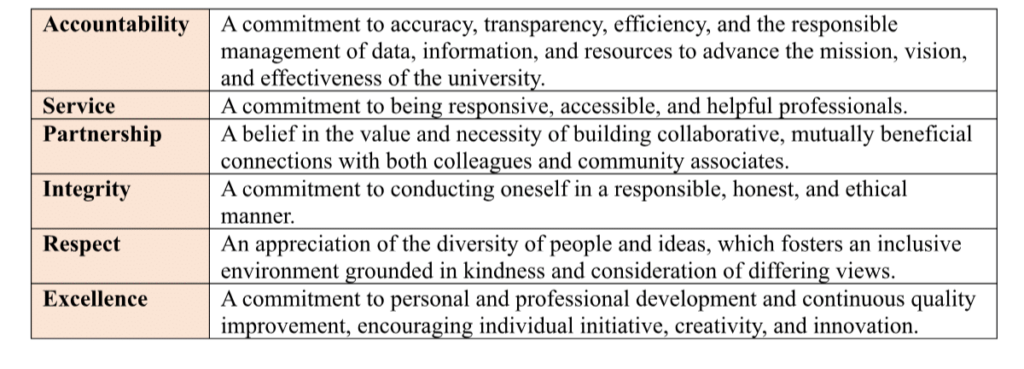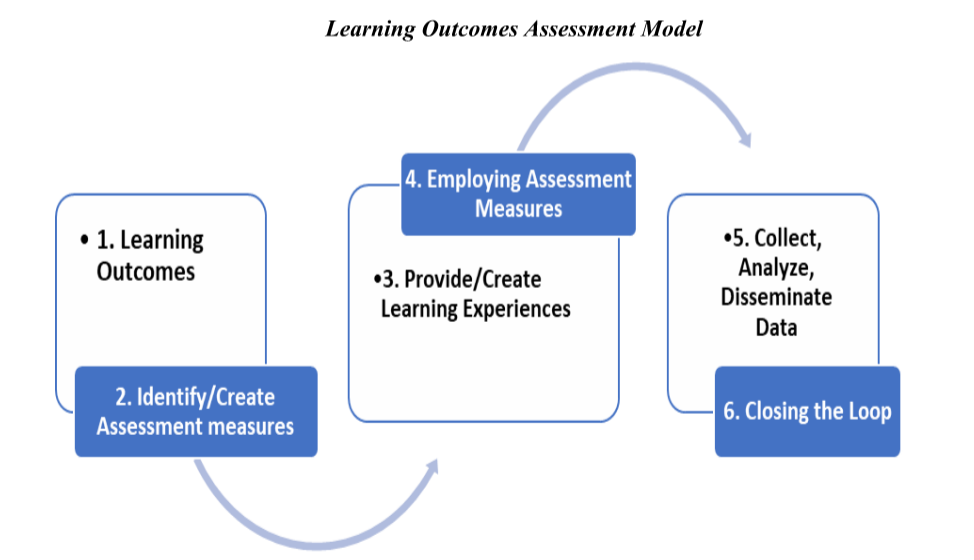Office of Assessment and Institutional Effectiveness (OAIE)
Mission
The Office of Assessment and Institutional Effectiveness at Eastern International College (EIC) aims to facilitate effective data-driven decision-making by creating and providing accurate data collections, performing integrating analysis and research, and advocating for data quality and integrity to comply with the accreditation requirements. OAIE provides EIC faculty and staff with professional development opportunities that foster the college’s mission as a student-centered institution.
Vision
The Eastern International College’s Office of Assessment and Institutional Effectiveness seeks to be recognized by the broader higher education community as a model of excellence and innovation in the areas of data management and institutional planning.
Core Values
Goals
- Data Management: Ensure data quality and availability.
- Institutional Effectiveness: Establish and maintain a multi-level institutional effectiveness system that promotes improvement.
- Strategic Planning Support: Support strategic planning efforts through the development and implementation of metrics, communication of progress, and forecasting.
- Decision Support & Internal Data Requests: Develop a culture that relies on evidence-based decision-making.

Dr. Hany Zaky
The Office of Assessment and Institutional Effectiveness (OAIE)
Coordinates EIC’s internal data collection and analysis activities, including assessment activities related to accreditation and strategic planning.
- Advance opportunities for personal, social, cultural, leadership, professional, and community growth in a comprehensive approach that enhances student life and learning at EIC.
- Provides faculty members with learning opportunities focusing on academic advancement and enhancing leadership and teaching skills.
- Organizes the on-campus training and professional development opportunities outside of Eastern International College
- Monitors EIC’s progress toward mission fulfillment and the goals and objectives in the college strategic plan.
- Learning Outcomes Assessment Plan and Data
The Learning Outcomes Assessment model for Eastern International College emphasizes a learner-centered and outcomes-based assessment that focuses on linking learning outcomes and assessment methods and putting emphasis on data-driven quality improvement. This Learning Outcomes Assessment approach is used for both programmatic and institutional assessments. It follows the following steps:
- Defining and formulating intended learning outcomes
- Identifying and/or developing assessment measures
- Providing and creating experiences leading to outcomes
- Employing assessment measures to determine achievement of intended learning outcomes
- Disseminate data and/or results
- Discuss, evaluate, and use assessment results or data to develop and improve student learning
(Closing the Loop)
This assessment model guides institutional learning outcomes assessment, program assessment and assessment of General Education learning outcomes
- The system’s assessment-related benefits include:
- Documentation of organized and systematic assessment.
- Ease of mapping assessment goals with program or institutional learning goals.
- Documentation of the use of assessment results.
- Evidence of “closing the loop” activities.
- Demonstrates compliance with assessment-related accreditation standards.
Rubrics
- What are Rubrics?
Rubrics are scoring guides that describe the specific criteria that will be used to evaluate student artifacts. The most useful types contain performance levels to indicate the quality of work done, with each level described in a manner to contrast it with performance at other levels. The AAC&U Value rubrics are examples of these types of “descriptive” rubrics. Advantages of using
Rubrics include:
- Rubrics help instructors evaluate student work consistently and objectively.
- Rubrics make your evaluation criteria transparent.
- Rubrics help instructors provide detailed feedback to students.
- Rubrics help to make scoring faster and easier.
The American Association of Colleges & Universities in collaboration with faculty and educational professionals across the United States developed VALUE (Valid Assessment of Learning in Undergraduate Education) rubrics for assessing student work. The VALUE rubrics help institutions demonstrate, share, and assess student accomplishment of progressively more advanced and integrative learning.
Faculty Development Unit (FDU)
EIC Faculty Development Plan 2023-2024
EIC is committed to stimulating best practices in teaching and learning, promoting excellence in teaching in all its forms. EIC’s Faculty Development Unit is for the professional development of the faculty members. It is a powerful resource for EIC faculty, providing opportunities for innovating their teaching, learning advising best practices, and engaging with other faculty around shared interests. FDU has the following goals:
Goal 1: Orients new faculty members and facilitates integration into the EIC Culture and Mission
Goal 2: Provides faculty members with in-house/school seminars and workshops on content, pedagogy, and technology.
Goal 3: Gives opportunity for each faculty member to demonstrate expertise in their field through periodic seminar presentations.
Goal 4: Assists faculty members in maintaining professional certifications and attendance at conferences and workshops.
Goal 5: Completion of a Professional Development Plan (PDP)
Click Here to see Current Offerings of On-Campus Faculty Professional Development Opportunities for Spring 2023.
Contact Information
Office of Assessment and Institutional Effectiveness (OAIE)
Eastern International College
Office hours: Monday – Friday, 9:00 AM – 6:00 PM
684 Newark Avenue
Jersey City, NJ 07306
Tel +1-201-630-2065
Email: hany.zaky@eicollege.edu


